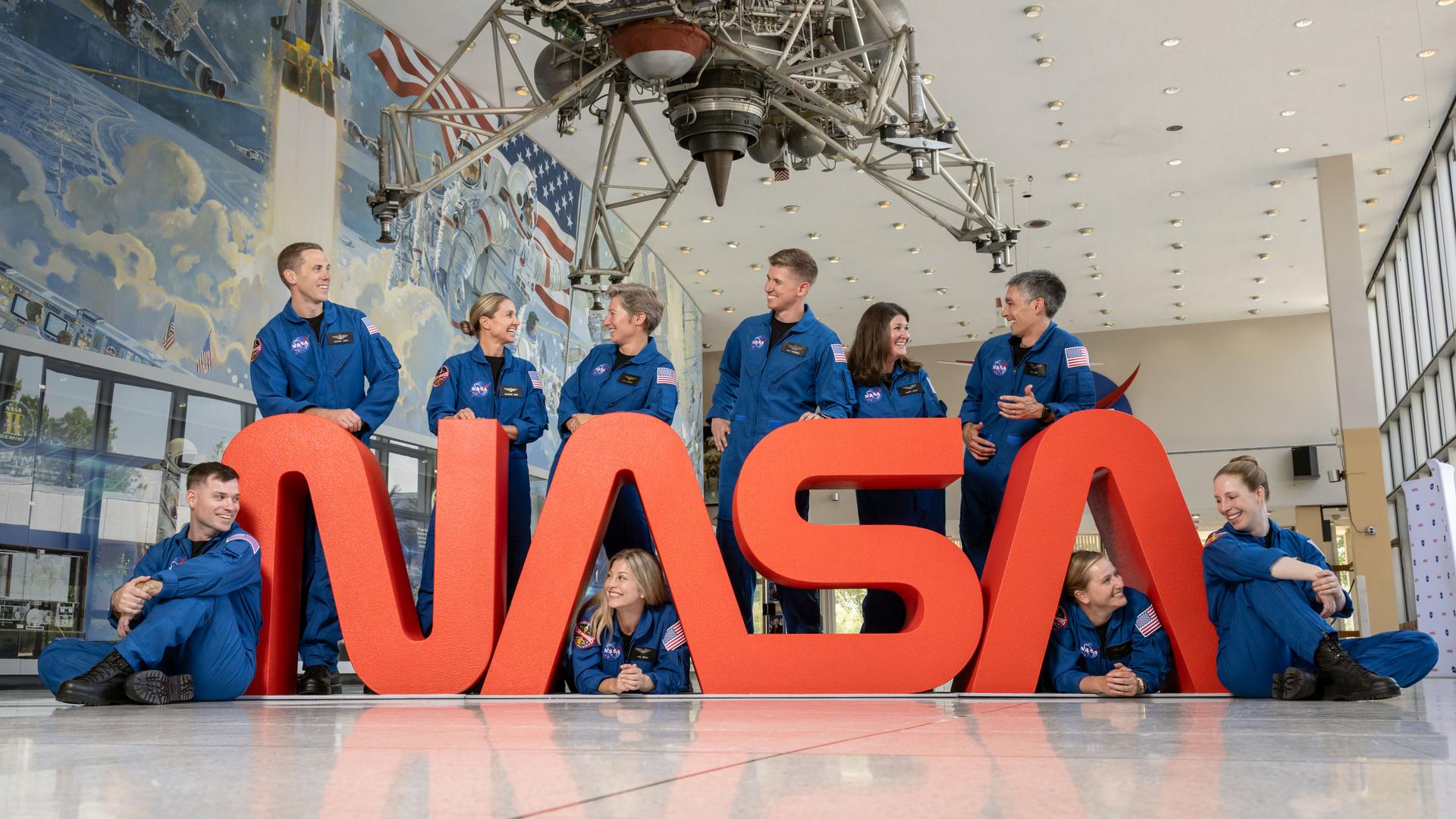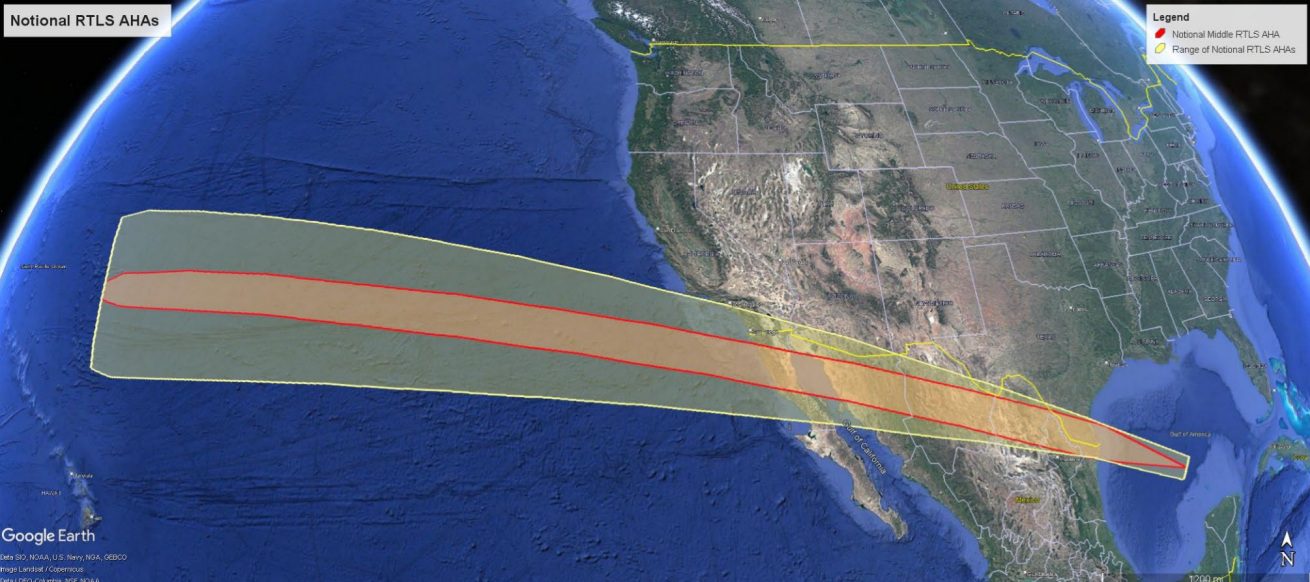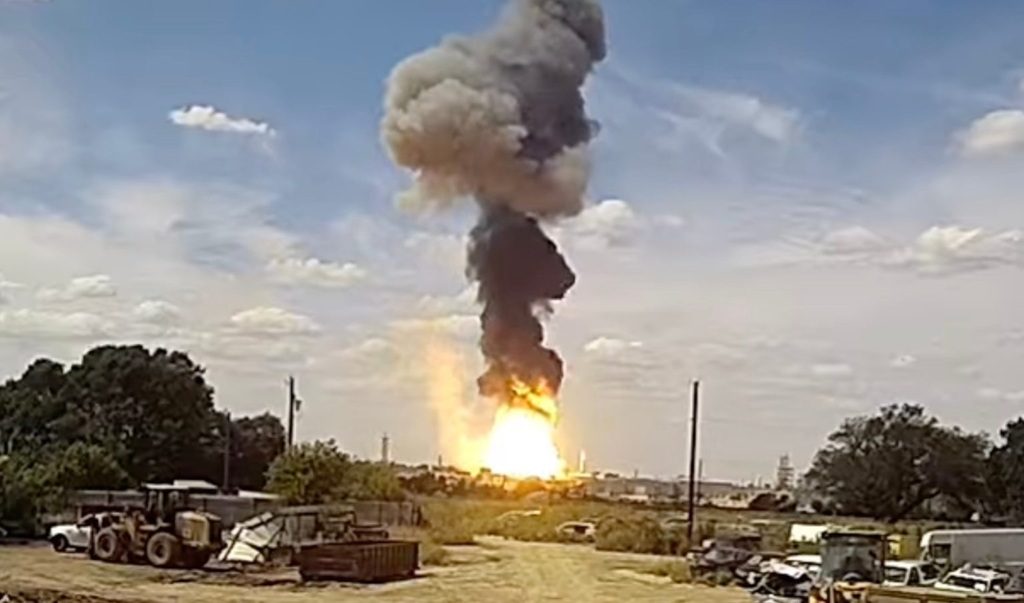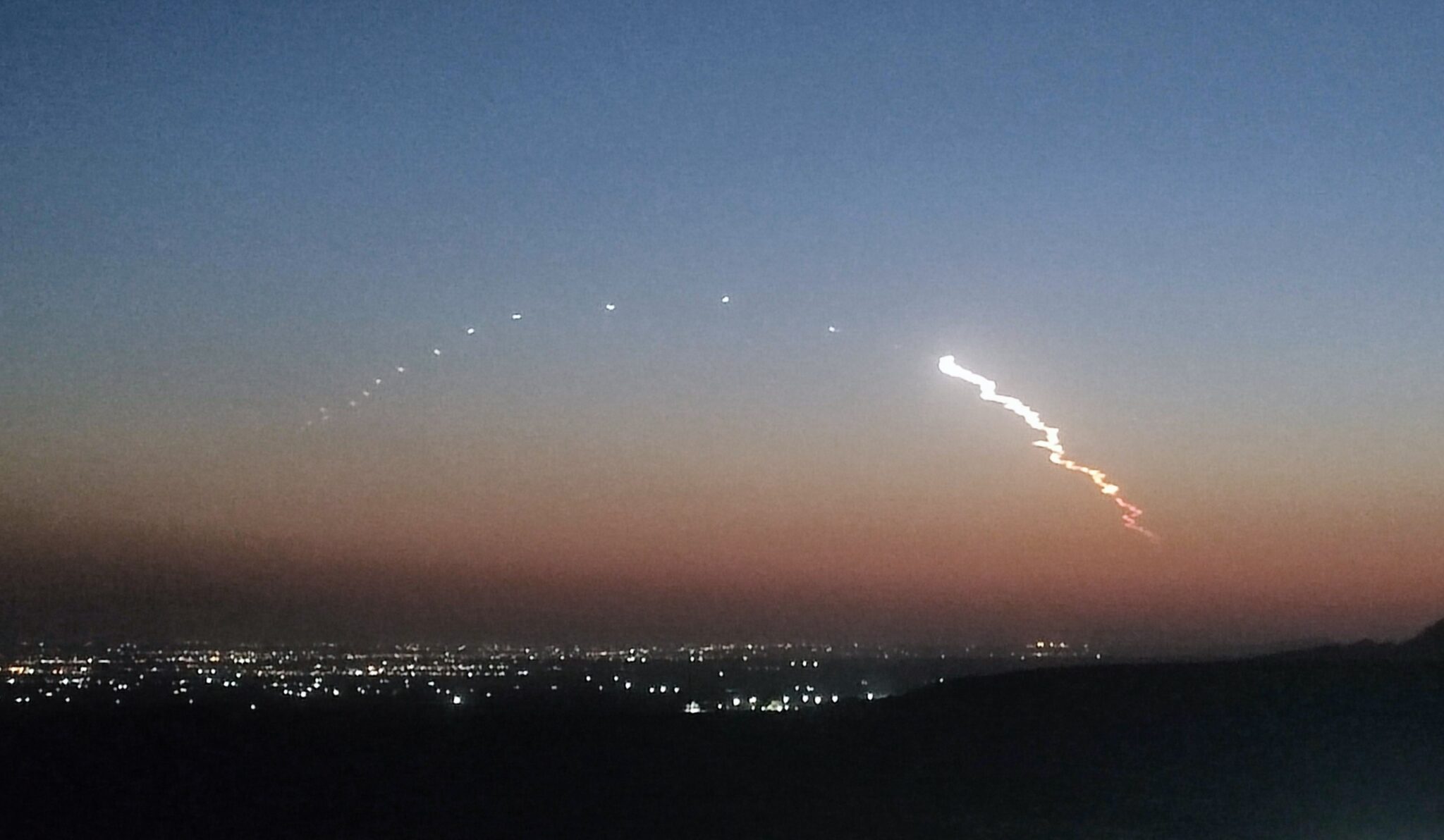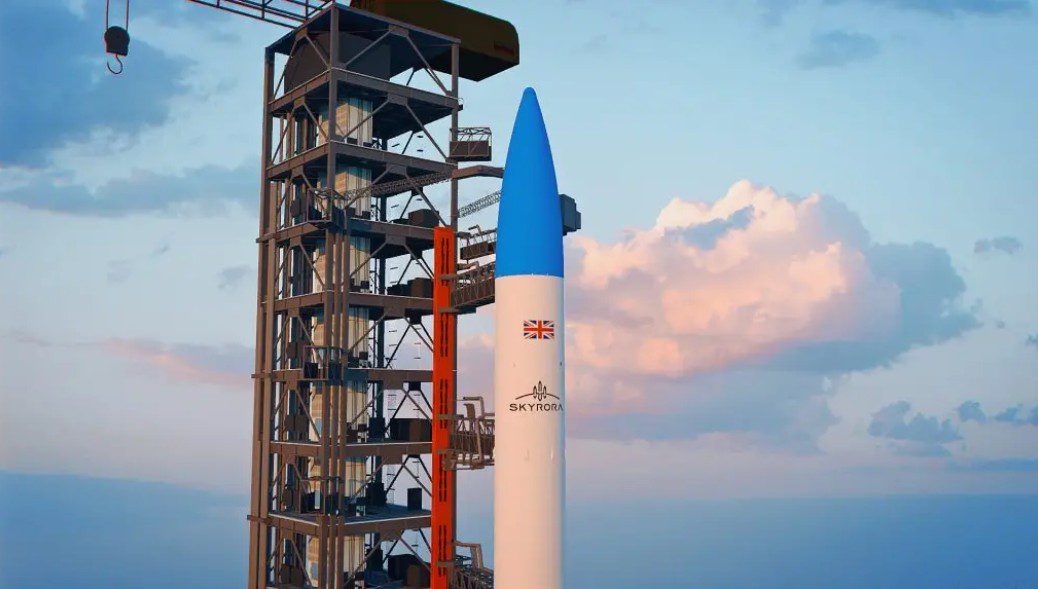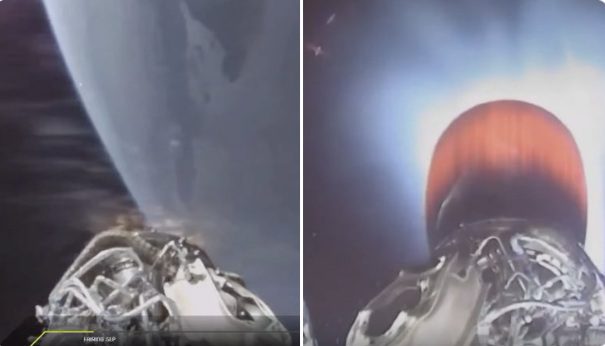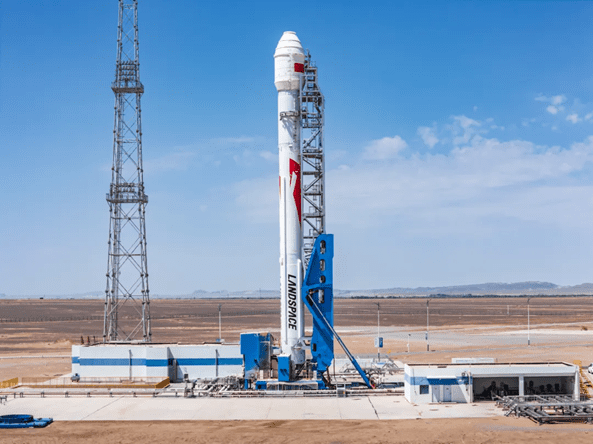It might have been by design or not, but the launch of three astronauts to the International Space Station (ISS) found itself becoming part of the celebrations of the Apollo 11 landings 50 years ago. With its “unlucky number” 13 (space watchers will remember the travails of Apollo 13) nevertheless, the launch of Soyuz MS-13 (ISS-59S) went as expected as it made its way to the International Space Station. The Soyuz-FG rocket on its penultimate flight carried the craft from the Baikonur Cosmodrome near Tyuratam, Kazakhstan into orbit with the lift-off being at 1628 GMT on 20 July 2019. The craft docked with the ISS Zvesda module at 2248 GMT on the same day, after making a six hour approach to the station. Aboard were a crew of three: Cosmonaut Aleksandr Skvortsov of Roscosmos, astronaut Luca Parmitano of the European Space Agency (ESA), and astronaut Dr. Andrew R. Morgan of NASA.
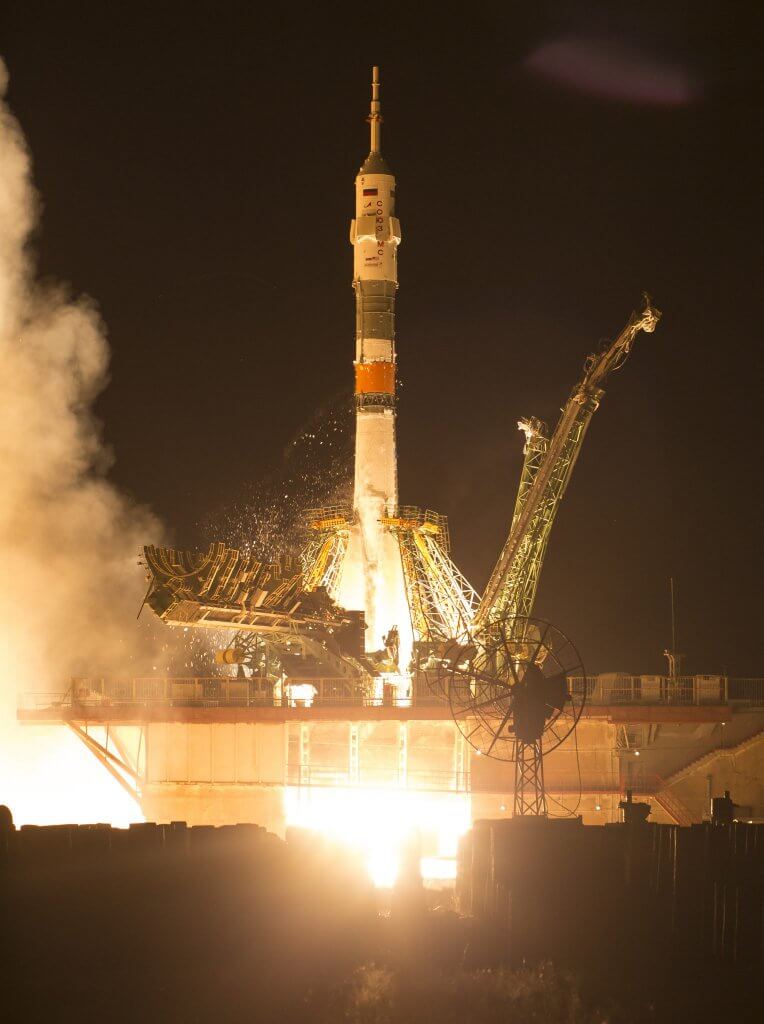
The second last Soyuz FG launches Soyuz MS-13 with three crew to the ISS. Courtesy: NASA/Joel Kowsky
The flight of the Soyuz MS-14 will be launched on 24 August in unmanned condition as it will be a test flight of this type of human capable spacecraft on the Soyuz 2.1a which sports digital avionics finally allowing the rocket to roll on to its correct azimuth whereas previous versions had to have its launch pad physically angled in the right direction.
Before that the ISS will receive two unmanned freighter flights – Dragon CRS-18 which will be launched by a Falcon 9 rocket on 24 July, and a Progress MS-12 which will be launched on a Soyuz 2-1a on 31 July.


